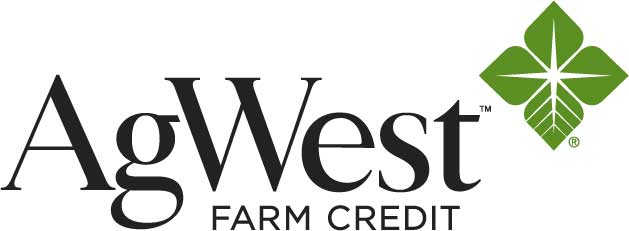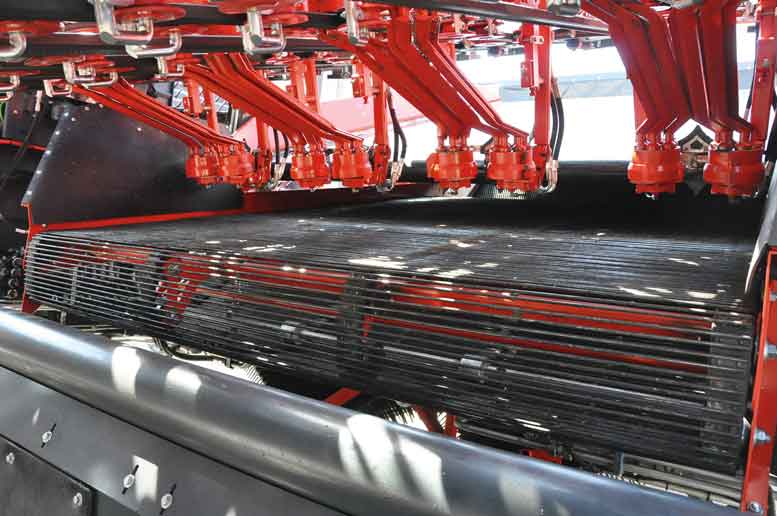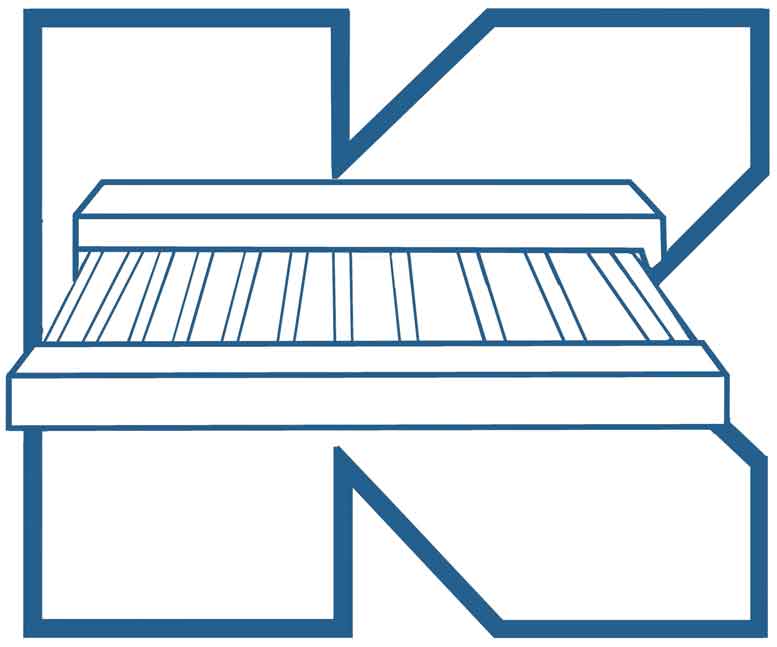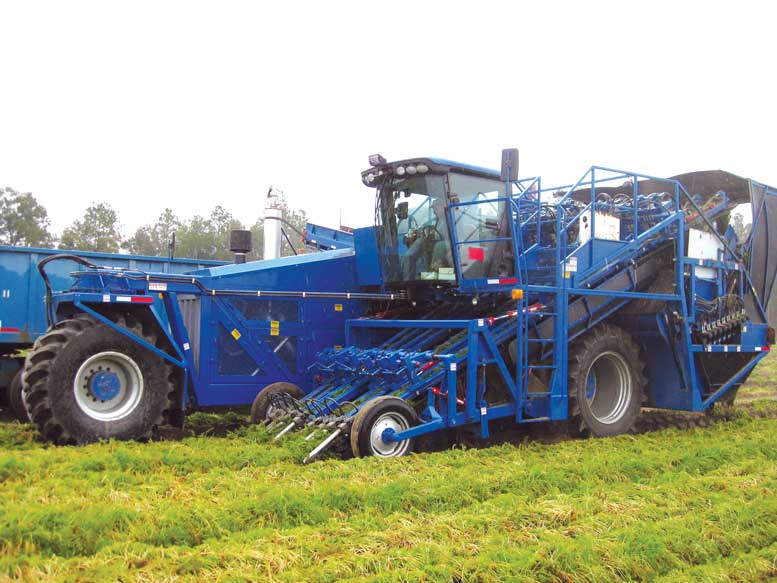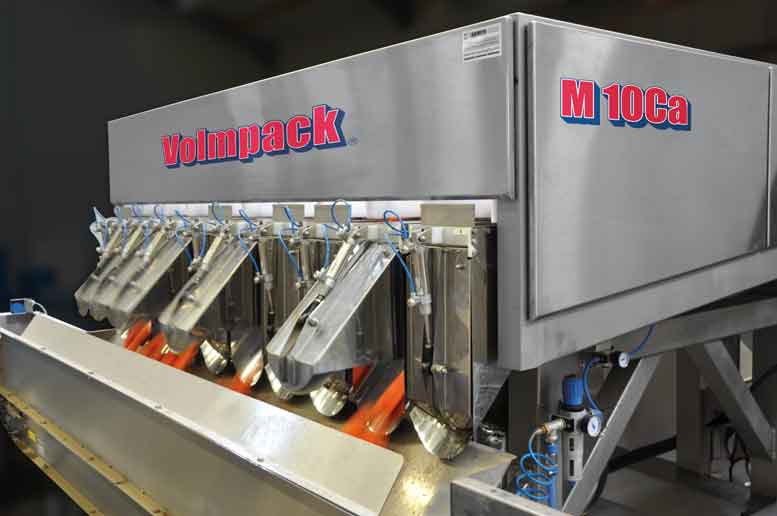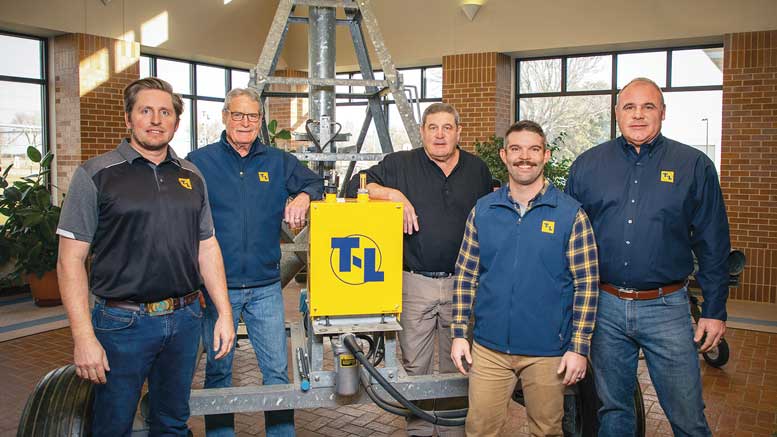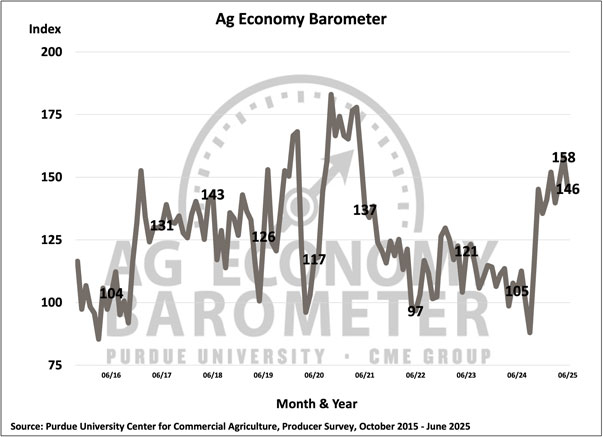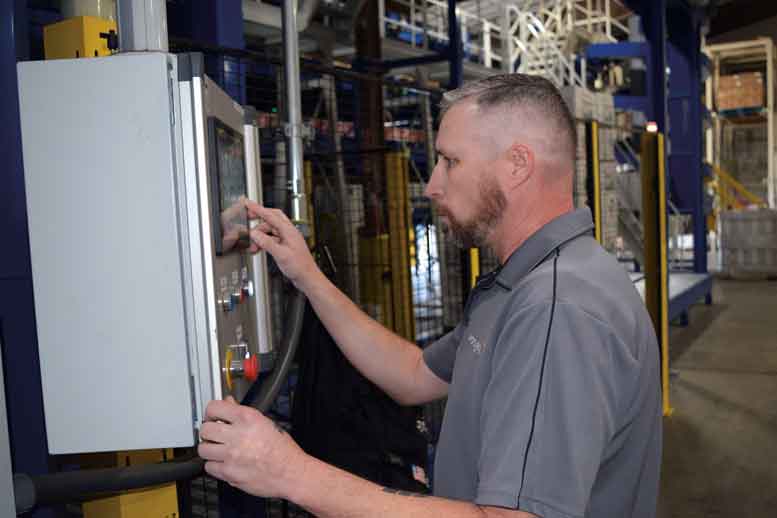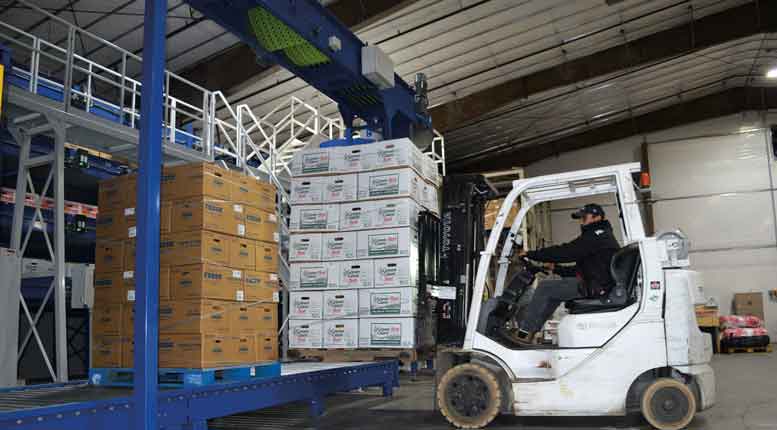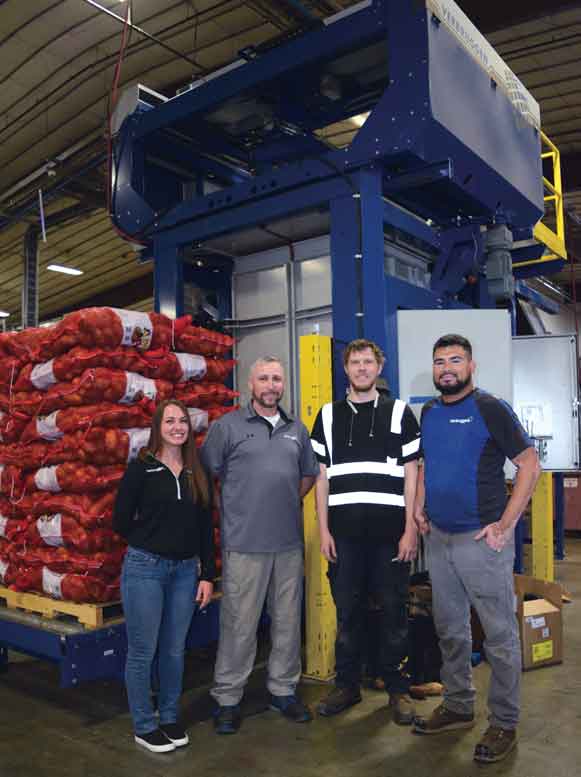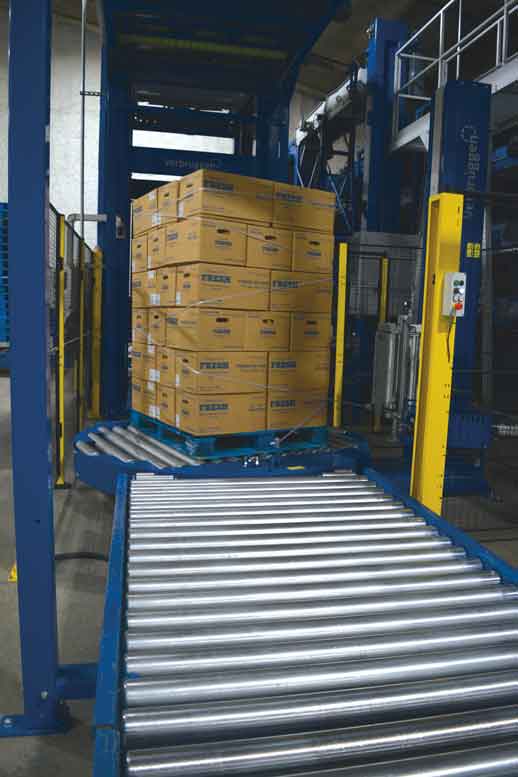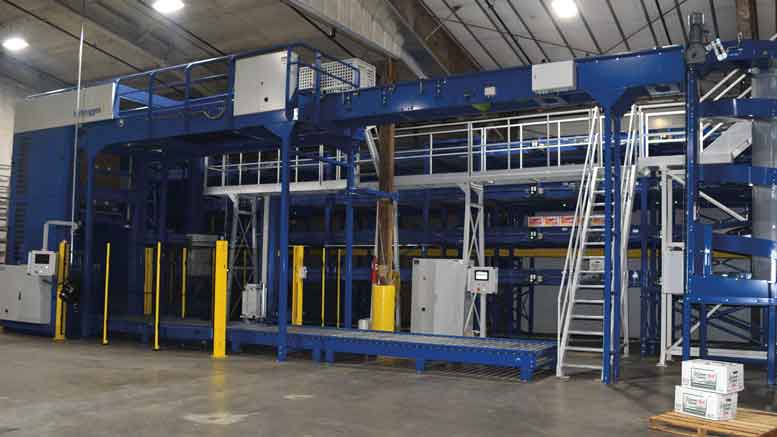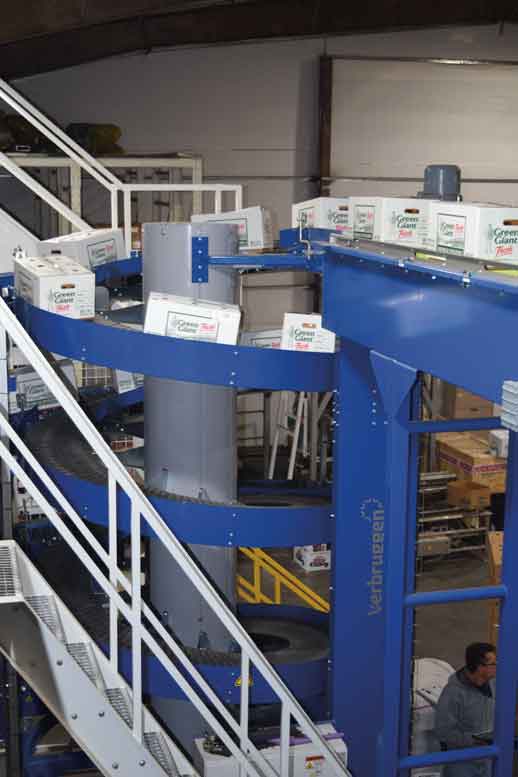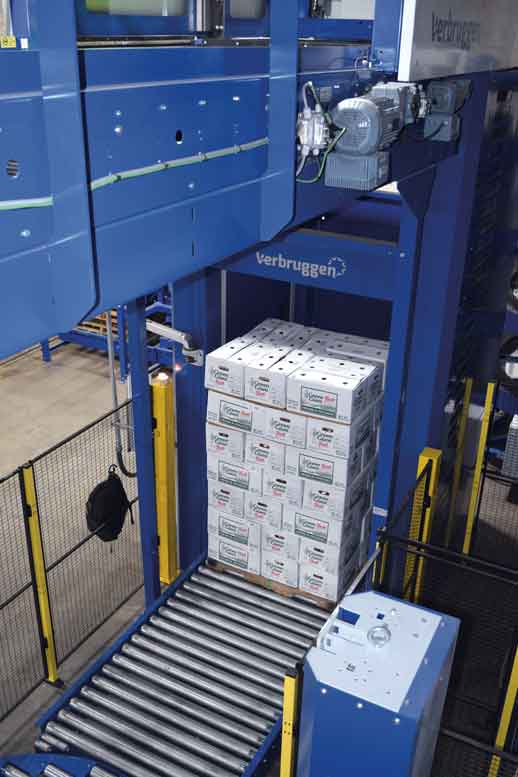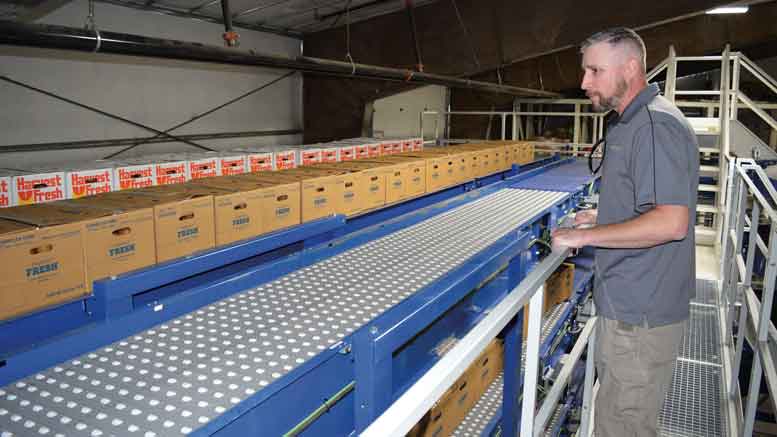By Peter Feng, Product Division Manager, JH Biotech Inc.
Root-knot nematodes are among the major pests in agricultural production. These nematodes infect the roots of plants, causing root tissue swelling, which hinders nutrient absorption, suppresses crop growth and development, and ultimately leads to reduced yields. Root-knot nematodes are widespread globally, especially prevalent in tropical and subtropical regions.
Traditionally, chemical agents such as nematicides, especially fumigants, have been used to control these pests. While fumigants offer excellent soil-clearing effects, they also eliminate beneficial soil microorganisms, and most nematicides can only target nematodes themselves, without killing nematode egg masses. With the push for sustainable agriculture, research has increasingly focused on developing natural, safe and environmentally friendly control methods, with essential oils showing significant potential in controlling root-knot nematodes.
Effects
Essential oils are volatile substances extracted from leaves, stems, flowers and roots of aromatic plants. These oils have bioactive properties such as antibacterial, antifungal and antioxidant effects. Rich in aldehydes, terpenes, phenols and esters, essential oils have natural pest- and disease-fighting abilities. In combating root-knot nematodes, many essential oils have demonstrated the ability to inhibit nematode activity, prevent reproduction and reduce infection rates in plants.
Essential oils can control root-knot nematodes through several mechanisms. First, the active components in essential oils can directly affect the nematodes’ nervous system, disrupting their movement and reproductive ability. Many studies have found that essential oils containing terpene compounds, such as thyme oil, peppermint oil and cinnamon oil, effectively paralyze nematodes, preventing them from infesting plant roots.
Additionally, essential oils have strong antioxidant and antimicrobial properties, which inhibit the growth and reproduction of root-knot nematodes. Essential oils like clove oil and lemongrass oil are rich in phenolic compounds that can destroy nematode cell membranes, leading to their death. Moreover, essential oils can boost plants’ immune systems, promote healthy root growth and increase crop resistance to nematodes.
Product Options
In recent years, numerous studies on essential oils for controlling root-knot nematodes have shown varying effects. One study tested 16 different essential oils for their lethal effects on root-knot nematodes and found that wormwood, cinnamon, peppermint, lemon balm, lemon eucalyptus, rue and clove oils were effective in killing half of the nematodes at dilutions higher than 500x. Cinnamon oil proved the most effective, killing over 50% of the nematodes at concentrations as low as 1/10,000 and inhibiting egg mass hatching at concentrations of 1/1000. Since cinnamon oil is a 25(b) exempt material, it is easily available on the market in plant protection products based on cinnamon oil.

In addition, some commercial essential oil products are gradually being applied in agriculture for root-knot nematode control. Neem oil, for example, has broad-spectrum insecticidal and antibacterial properties and has been proven effective against root-knot nematodes. The main active ingredient in neem oil, azadirachtin, inhibits nematode reproduction and prevents egg hatching. Neem oil is currently classified as an EPA-registered pesticide, which makes it more expensive than 25(b) exempt products, complicating its promotion.
The main components of clove oil and cinnamon oil, such as eugenol and cinnamaldehyde, are effective in controlling soil-borne diseases like damping-off caused by Rhizoctonia solani, wilt caused by Fusarium oxysporum, and bacterial wilt caused by Ralstonia solanacearum. Therefore, applying plant protection essential oil products based on cinnamon oil can not only reduce the damage caused by root-knot nematodes to crop roots but also lessen the impact of other soil-borne diseases on crops.
Advantages, Challenges
The primary advantage of using essential oils to control root-knot nematodes lies in their natural and environmentally friendly characteristics. Compared to traditional chemical nematicides, essential oils do not pollute the soil, water sources or ecosystems, and they pose relatively low risks to human health. Additionally, essential oils have multiple bioactive properties; beyond controlling nematodes, they promote plant health and reduce reliance on other pesticides and fertilizers.
However, there are challenges in using essential oils for nematode control. First, essential oils are volatile, and their residual effect in the soil is relatively short, potentially requiring frequent applications to maintain effectiveness. Alternatively, applying them in a fumigant-like manner – before planting, covering them with plastic to enhance volatility – could improve efficacy. Additionally, the cost of different essential oils varies significantly, with some highly effective oils being relatively expensive, which presents challenges for large-scale agricultural production. Moreover, the effectiveness of essential oils can be influenced by environmental factors such as temperature, humidity and soil type, requiring adjustments based on specific conditions in practical applications.
In conclusion, essential oils show significant potential as a natural and environmentally friendly alternative for controlling root-knot nematodes. With advancements in agricultural technology and increasing demand for sustainable agriculture, essential oils are likely to become an essential part of future integrated pest management strategies.

